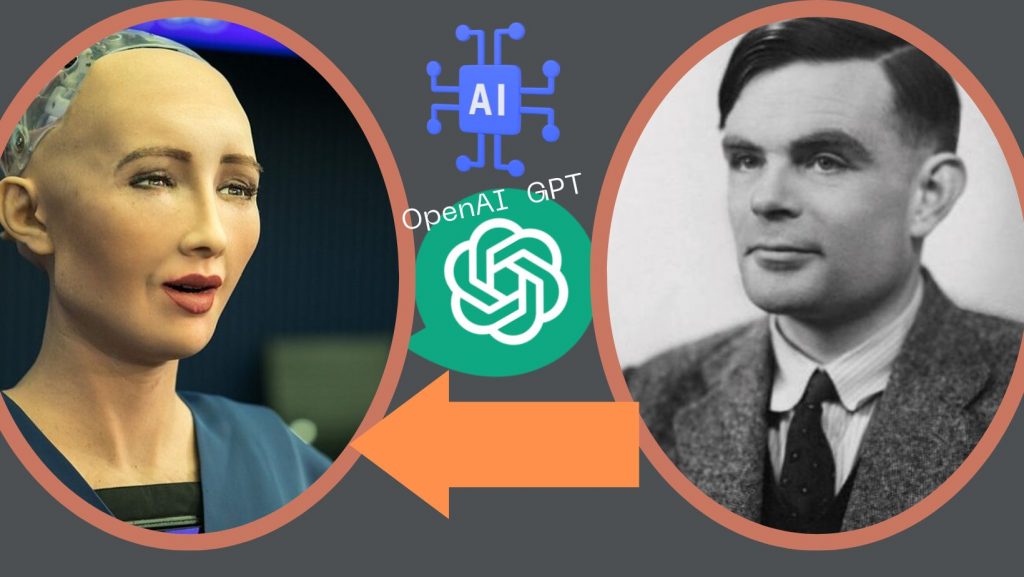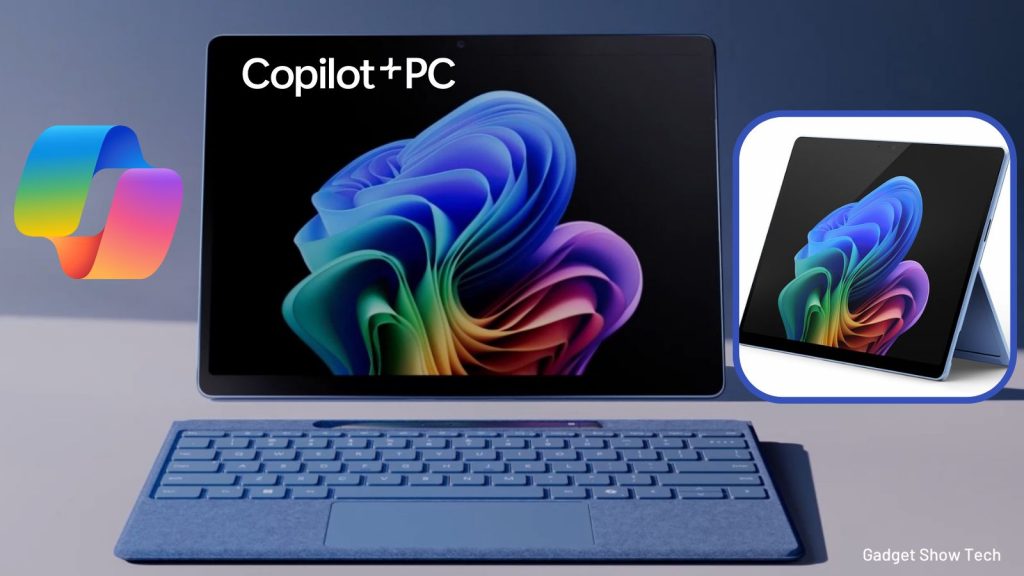The history of Artificial Intelligence (AI) is a fascinating journey that has revolutionised technology and is changing the way we live, work and interact with the world.
The future of technology promises to revolutionise the way we live. From virtual reality to quantum computing and driverless cars, technology is advancing at an unprecedented rate.
Artificial Intelligence, or AI, has been a topic of fascination for decades, and its impact on society is growing every day. From the earliest days of computing to modern machine learning systems, let’s explore the history of AI and its most groundbreaking developments.
No longer a novelty, technologies such as Artificial Intelligence (AI), robotics, and the Internet of Things (IoT) are quickly becoming integral parts of our lives.
Virtual assistants such as Amazon’s Alexa and Google Assistant became increasingly common during this time period. In 2017, Google’s DeepMind also developed an AI voice synthesizer called WaveNet, which won the Innovation Award from The Economist.
From AI-powered robots to autonomous vehicles to virtual assistants, the advancements in AI chatGPT in 2022 show that its impact on society is only continuing to grow.










You must be logged in to post a comment.